-
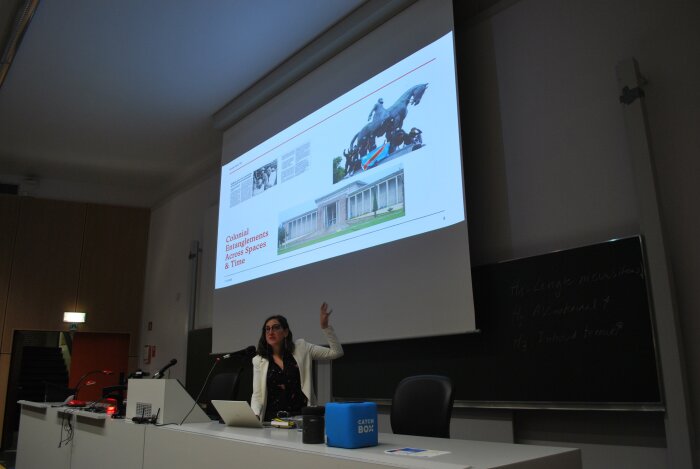 Astrid Jamar
Astrid Jamar -
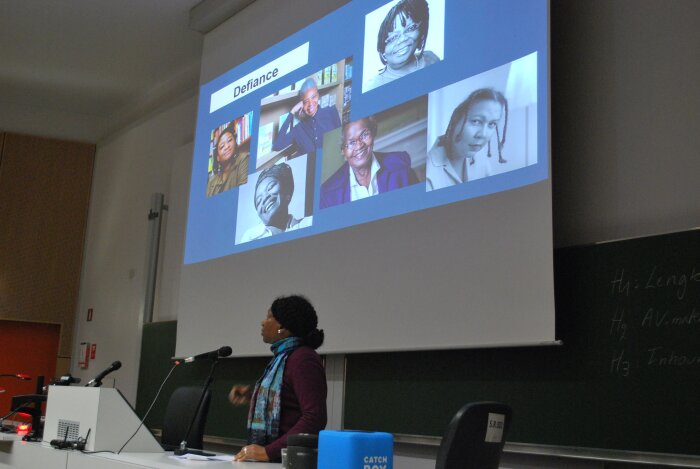 Patricia Daley
Patricia Daley -
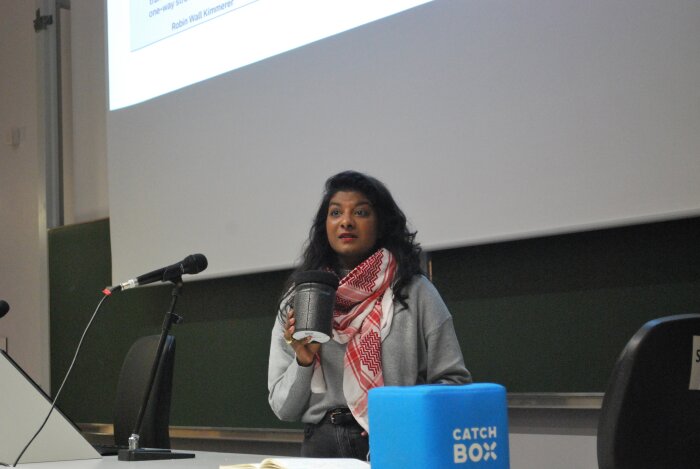 Zuleika Bibi Sheik
Zuleika Bibi Sheik -
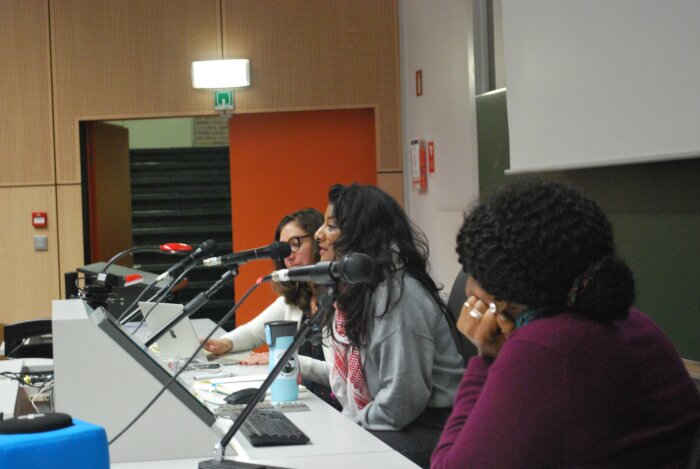 Panel
Panel
The surge in political activism and academic discussions around decolonization has fallen short of eradicating the lingering colonial remnants within modern universities. Whether in the Western sphere or on global fringes, colonization's impact endures, manifesting in structures like former apartheid buildings and colonial auditoriums that persist as bastions of Western academic dominance. Academic curricula and methodologies largely reflect a Eurocentric bias, emphasizing Western perspectives and marginalizing indigenous or non-Western knowledge systems. In doing so, universities can perpetuate a form of intellectual imperialism, sidelining diverse ways of knowing. Additionally, power dynamics within academic institutions may mirror colonial structures, with hierarchies that favor certain groups over others. Representation in faculty, administration, and decision-making bodies often does not reflect the diversity of the student and staff body. Despite the rise of post-colonial and decolonial epistemologies aiming to resist universalist claims of knowledge, universities still largely embody and perpetuate colonial legacies in various facets of their existence. Thus, this discussion aims to scrutinize contemporary universities' decolonial endeavors, explore the potential pathways for knowledge decolonization, and unravel the intricacies of ongoing university colonization in the modern world.
Invited speakers
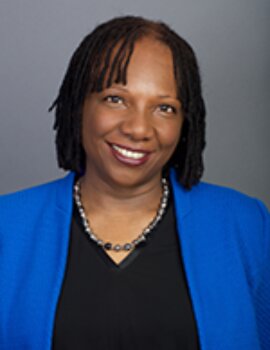
Patricia Daley is Professor of the Human Geography of Africa. She is also the Helen Morag Fellow in Geography at Jesus College, Oxford, where she served as Vice-Principal from 2018 to 2021. She was the University Assessor (2015-2016) and co-founder of the Oxford University Black and Minority Ethnic staff network. She was elected to the University Council in 2021 and sits on the Education Committee and General Purposes Committee. She is also a member of the University’s Staff Employment Review Panels. Her principal research interests can be grouped under four themes: (1).The political economy of population migration and settlement (forced migration, identity politics and citizenship); (2) The intersection of space, gender, militarism, sexual violence and peace (feminist geo-politics); (3) Racial hierarchies and violence (geographies of racialization and coloniality using Critical Race Theory and decolonizing methodologies); (4) The relationship between conservation, resource extraction, and rural livelihoods (political ecology). The geographical loci of research are East and Central Africa, and the UK.

Zuleika Bibi Sheik (she/they) is a South African decolonial feminist, poet, yogi and Assistant Professor in Critical Race, Gender and Decolonial Approaches. Through her work she brings into question the role of the university as the sole producer of knowledge, focusing on ‘decolonizing methodologies’ and considering the ‘how’ of doing research that is life-affirming and aimed towards collective liberation. Their writing, teaching and research centers on decolonizing the self as a necessary first step for students and researchers to avoid reproducing epistemic violence through performative positionality and extractive methods.
Moderator
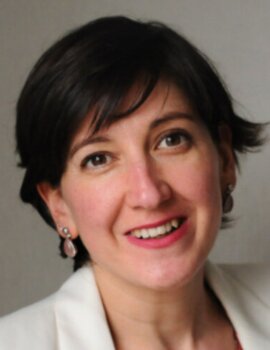
Astrid Jamar is a Senior Postdoctoral Fellow at the Institute of Development Policy, University of Antwerp. Her research addresses the interplay of actors, institutions, norms, as well as pluriversal approaches to peacebuilding from anthropological, feminist and decolonial perspectives. Tackling issues of accountability in conflict-affected contexts, she is developing an innovative research agenda on dreams, knowledge production, and peacebuilding interventions. Prior to joining the IOB, she was a postdoctoral fellow at the Department of Development Studies, SOAS (2021), a Lecturer in Development at The Open University (2019–2021), and a researcher at the Law School, University of Edinburgh (2015-2019).